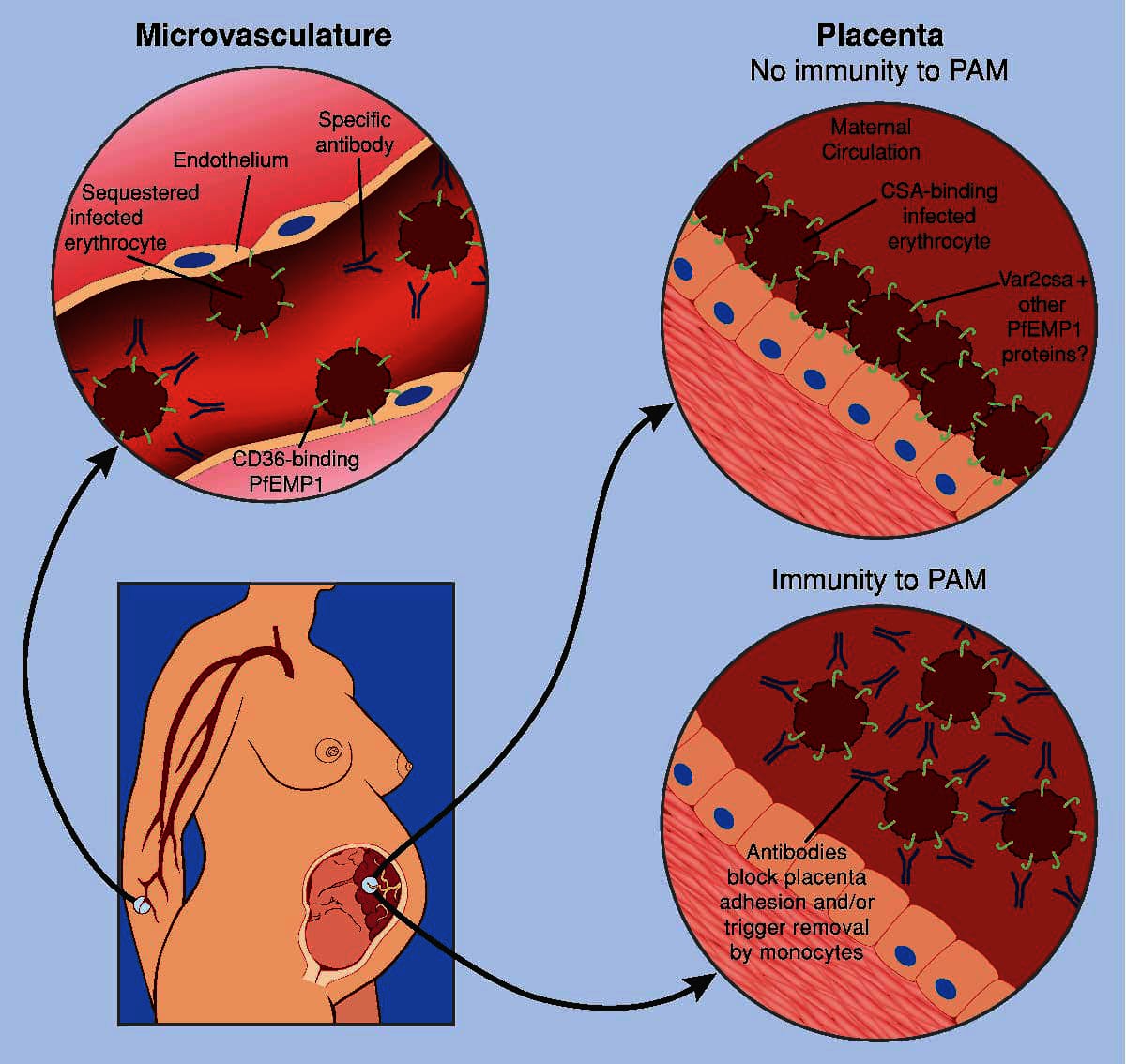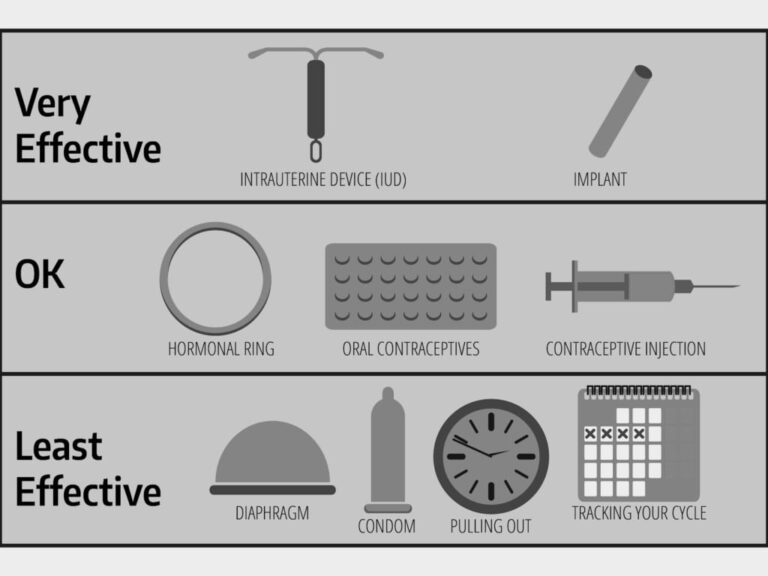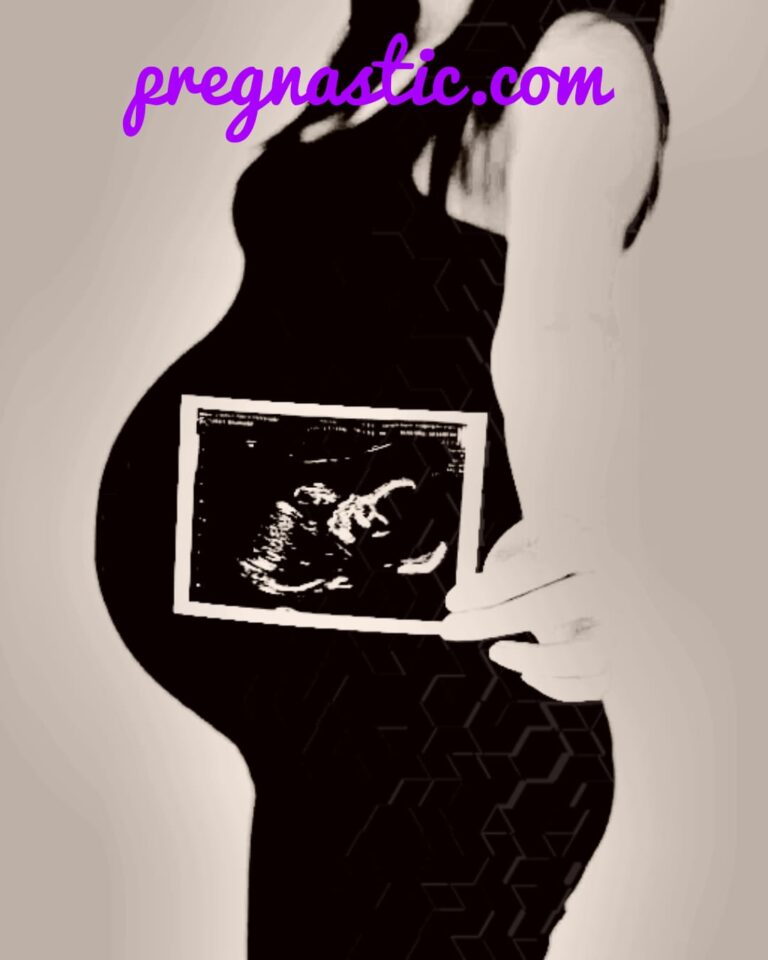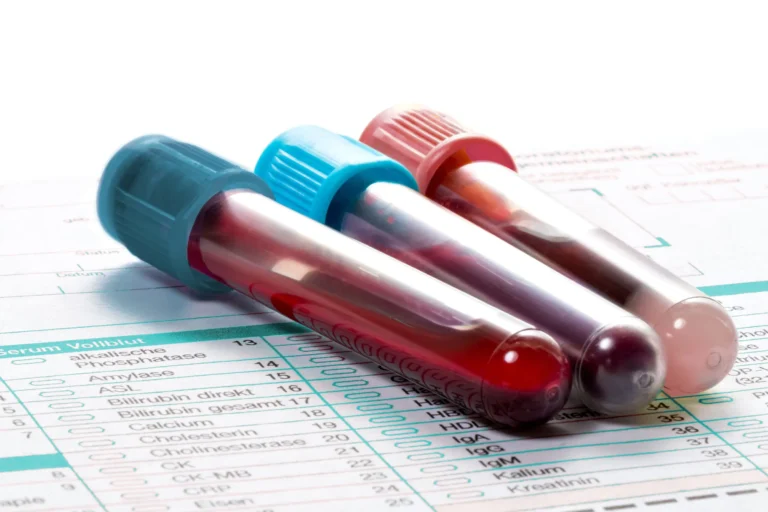Malaria during pregnancy
Introduction
Malaria, a mosquito-borne infectious disease, is caused by microscopic parasites that invade and multiply within human red blood cells. These parasites, belonging to the Plasmodium genus, are primarily transmitted through the bites of infected female Anopheles mosquitoes. When an infected mosquito bites a human, the parasites are injected into the bloodstream, initiating a complex life cycle within the body.
Pregnancy presents a unique challenge for a woman’s immune system. As the body prioritizes nurturing the developing fetus, its natural defenses against infections become temporarily weakened. This decrease in immunity significantly increases a pregnant woman’s susceptibility to malaria infection.
The consequences of contracting malaria during pregnancy are severe and can impact both the mother and the unborn baby. Mothers with malaria may experience a range of complications, including severe anemia, a condition where the blood lacks sufficient healthy red blood cells to carry oxygen effectively. This can lead to fatigue, shortness of breath, and even organ failure. Additionally, malaria infection during pregnancy increases the risk of miscarriage, stillbirth, and premature delivery.
The developing baby is also not spared from the dangers of malaria. The parasites can invade the placenta, the vital organ that nourishes the fetus. This can lead to restricted fetal growth, resulting in low birth weight, a major risk factor for infant mortality and lifelong health problems. In some cases, the baby can even be born with malaria if the infection is present near the time of delivery.
Given the significant health risks posed by malaria during pregnancy, understanding the dangers and taking preventative measures are crucial for protecting both mother and child.
Risks of Malaria in Pregnancy: A Double-Edged Sword
When malaria strikes during pregnancy, it becomes a double-edged sword, threatening the health of both the mother and the developing baby. The weakened immune system during pregnancy creates a fertile ground for malaria parasites to thrive, leading to a cascade of potential complications.
Maternal Health Risks
Malaria parasites wreak havoc on red blood cells, the oxygen carriers in our blood. The rapid multiplication of these parasites destroys healthy red blood cells at an alarming rate. This leads to a condition called severe anemia, where the blood lacks sufficient healthy red blood cells to effectively transport oxygen throughout the body. This can manifest as extreme fatigue, shortness of breath, dizziness, and even organ failure if left untreated. In pregnant women, severe anemia not only poses a threat to their own health but also limits the oxygen supply reaching the developing baby.
The presence of malaria parasites in the placenta, the organ that nourishes the fetus, disrupts the delicate exchange of nutrients and oxygen between mother and baby. This disruption can lead to a tragic outcome – miscarriage, the loss of the pregnancy in the early stages, or stillbirth, the death of the fetus after 20 weeks of gestation.
Malaria infection triggers an inflammatory response within the body. This inflammatory state can trigger premature labor, leading to the birth of a baby before their lungs and other vital organs are fully developed. Premature birth is a significant health risk for newborns, increasing their chances of respiratory problems, infections, and long-term developmental issues.
Fetal Health Risks:
Placental malaria, the invasion of the placenta by malaria parasites, disrupts the vital exchange of nutrients and oxygen between mother and baby. This can lead to Intrauterine Growth Restriction (IUGR), a condition where the fetus doesn’t grow at the expected rate. As a result, babies born to mothers with malaria are more likely to have a low birth weight, which is a major risk factor for infant mortality and a range of health problems in later life, including chronic illnesses and developmental delays.
The combination of low birth weight, prematurity, and the potential for congenital malaria (infection of the baby at birth) significantly increases the risk of infant mortality, particularly in areas with limited access to specialized neonatal care.
Women experiencing their first pregnancy seem to be at a heightened risk of complications from malaria. This is because they haven’t developed the same level of immunity to the malaria parasite compared to women who have had previous pregnancies in malaria-endemic areas.
Strategies for Preventing Malaria in Pregnancy
Fortunately, there are several effective strategies pregnant women can employ to significantly reduce the risk of contracting malaria and its devastating consequences.
Insecticide-Treated Bed Nets (ITNs)
The first line of defense in preventing malaria during pregnancy is the use of insecticide-treated bed nets (ITNs). These life-saving nets are treated with a safe and long-lasting insecticide that repels and kills mosquitoes. ITNs work by:
The insecticide on the net deters mosquitoes from landing or biting, reducing the chance of contracting malaria. If a mosquito comes into contact with the net, the insecticide can kill it, preventing it from transmitting the parasite to others.
Pregnant women, especially those living in or traveling to malaria-endemic regions, should sleep under a properly treated bed net every night, even during the day if taking naps. ITNs are most effective when used consistently and correctly by all household members, creating a protective barrier against mosquito bites.
Intermittent Preventive Treatment (IPTp)
In areas with moderate to high transmission of malaria, pregnant women can benefit from a preventive medication regimen known as Intermittent Preventive Treatment (IPTp). IPTp involves receiving specific antimalarial medication at predetermined intervals throughout the pregnancy, typically starting in the second trimester. These medications work by:
By targeting the malaria parasite during its early stages in the bloodstream, IPTp medication can prevent the infection from progressing and causing illness. Even if a pregnant woman is bitten by an infected mosquito, IPTp medication can help to reduce the number of parasites in her bloodstream, lessening the severity of the illness.
The specific medication used for IPTp may vary depending on local resistance patterns and will be prescribed by a healthcare professional. It’s crucial to follow the recommended dosage schedule for optimal protection.
Precautions for Malaria-Endemic Regions
For pregnant women planning to travel to areas with a risk of malaria, meticulous planning and preventive measures are essential. Here are some key precautions:
Consult a healthcare professional specializing in travel medicine well before your trip. Discuss your pregnancy and receive guidance on the specific malaria risks in your destination. Depending on the destination and pregnancy stage, your doctor may prescribe preventive antimalarial medication to take throughout your trip and for a period after returning. Always sleep under an insecticide-treated bed net, even in seemingly mosquito-free areas. Apply a DEET-containing insect repellent (safe for pregnant women when used according to the label) to exposed skin throughout the day and evening. Be familiar with the symptoms of malaria and seek immediate medical attention if you experience any during or after your travel.
By following these preventative strategies and remaining vigilant, pregnant women can significantly reduce the risk of contracting malaria and ensure a healthier pregnancy for themselves and their developing babies.
Diagnosis and Treatment of Malaria in Pregnancy
Despite implementing preventative measures, there’s still a chance of malaria infection during pregnancy. Early diagnosis and prompt treatment are crucial to minimize the risks to both mother and baby.
Symptoms of Malaria in Pregnancy
Unfortunately, malaria symptoms in pregnancy can often mimic common pregnancy discomforts, making diagnosis more challenging. These symptoms may include:
- Fever and chills
- Headache
- Muscle aches
- Fatigue
- Nausea and vomiting
- Loss of appetite
However, malaria can also cause more specific symptoms like:
- Severe malaise (feeling unwell)
- Dark-colored urine
Pregnant women experiencing any of these symptoms, especially if residing in or having recently traveled to a malaria-endemic region, should seek immediate medical attention. Early diagnosis is vital for preventing complications and ensuring timely treatment.
Importance of Prompt Diagnosis with Blood Tests:
Doctors rely on rapid diagnostic tests (RDTs) to quickly detect the presence of malaria parasites in the blood. These tests are relatively simple and provide results within minutes. However, RDTs may not always be definitive, particularly in low parasite density cases.
Therefore, confirmation with a blood smear microscopy is often necessary. This more detailed examination allows for parasite identification and quantification, aiding in determining the severity of the infection and guiding treatment decisions.
Treatment Options for Pregnant Women
Treating malaria in pregnancy requires a delicate balancing act. While protecting the mother’s health is crucial, the developing baby’s well-being must also be considered. Fortunately, there are specific antimalarial medications that are considered safe and effective for pregnant women when used under medical supervision. The specific medication and treatment regimen will depend on factors such as:
- The type of malaria parasite causing the infection
- The severity of the infection
- The trimester of pregnancy
Doctors will carefully weigh the benefits of treatment for the mother against any potential risks to the baby.
Importance of Seeking Medical Attention Immediately:
Malaria is a serious illness that can quickly escalate during pregnancy. If you experience any symptoms suggestive of malaria, don’t hesitate to seek immediate medical attention. Early diagnosis and prompt treatment with appropriate medications are essential to protect both your health and the health of your developing baby. Remember, delaying treatment can lead to severe complications and even death.
Conclusion
Malaria during pregnancy presents a significant threat to both mother and baby. However, by understanding the risks and taking proactive steps, it’s possible to significantly reduce the chances of contracting the disease and its devastating consequences.







